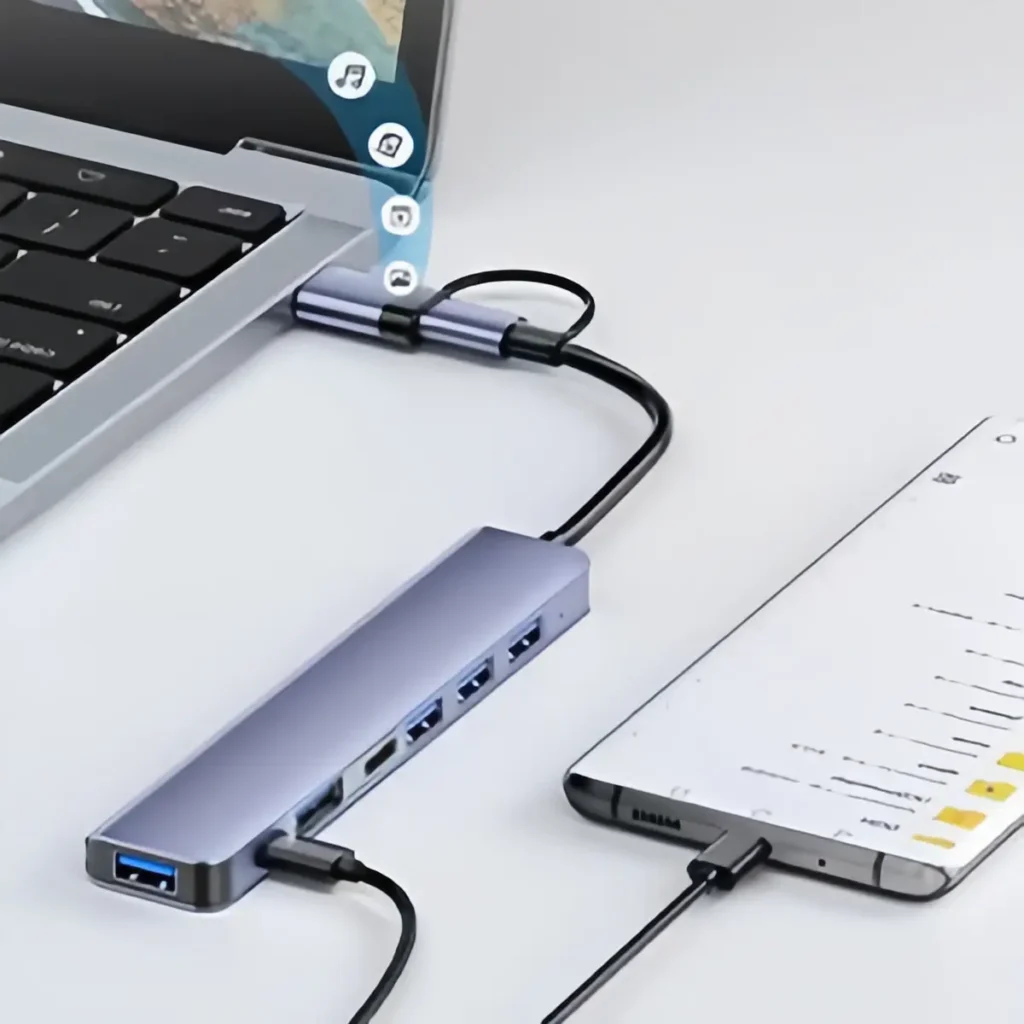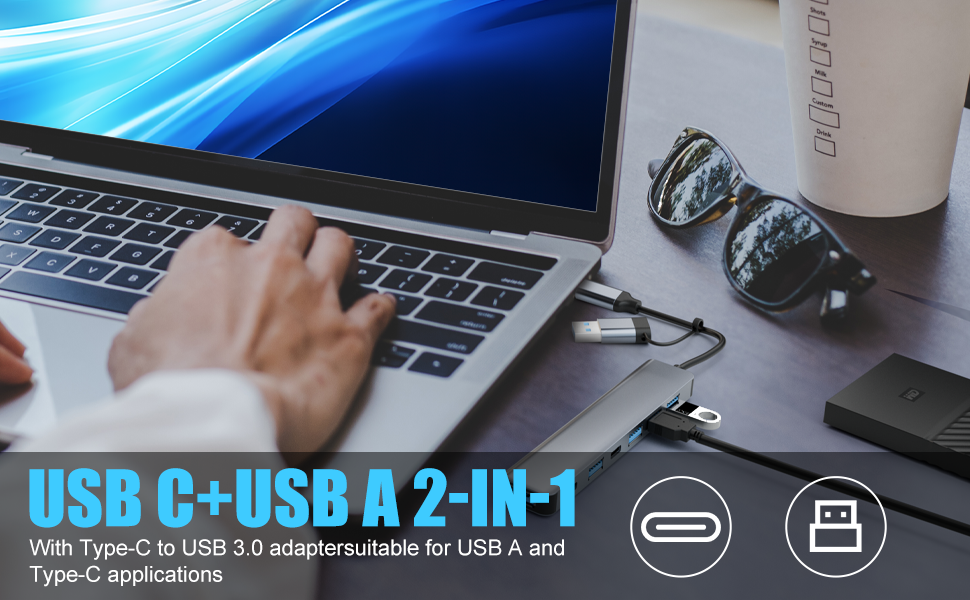If you ever wanted to plug several devices into your computer using a USB hub, you could find yourself with this big question: Does the usage of a USB hub slow down my data transfer speed? Well, it’s not quite as simple as saying yes or no. But don’t worry — we’re going to break it down in the simplest terms possible, so by the end of this article, you’ll know exactly what’s happening behind the scenes with USB hubs and your data.
Table of contents
What’s a USB Hub Anyway?
Think basic. A USB hub is essentially an extension cord for your USB ports. For instance, say you have only two on your laptop, and you want to attach a keyboard, mouse, phone, and an external hard drive. Rather than playing a daily game of “what do I unplug to make space?”, a USB hub lets you expand one USB port into multiple ports.
But here’s the kicker: like a real extension cord, a USB hub splits resources. It doesn’t magically create more power or speed; it divvies up what’s already available. And that’s where things get tricky.
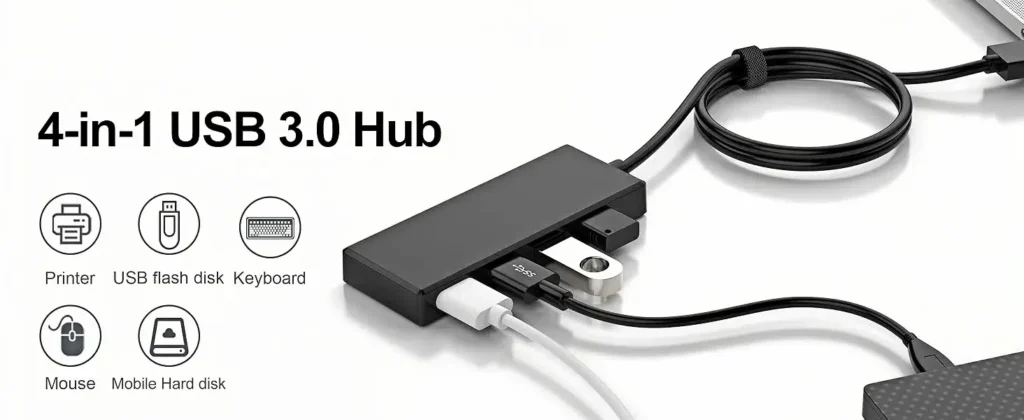
Can a USB Hub Affect Data Transfer Speed?
Yes, it can—but just how much it does depends on a few factors. Let’s explore what those are:
1. USB Version
Understand that there are standards, like USB 2.0, 3.0, or 3.1. Newer versions, like USB 3.1, support blazingly fast speeds of up to 10 Gbps, while older ones, like USB 2.0, cap at 480 Mbps.
If your hub is USB 2.0, but your devices and ports are USB 3.0, you’ll be bottlenecked by the slower hub. It’s like driving a Ferrari on a road with a 20-mph speed limit — the car’s capabilities don’t matter because the road dictates the speed.
2. Powered vs. Non-Powered Hubs
Here’s a big one: Is your hub powered?
- Powered USB hubs have their own power and can handle multiple devices, especially power-consuming devices like external drives or cameras, way better.
- Non-powered hubs rely fully on your computer’s power supply, which can lead to slower data speeds or even interruptions if too many devices are connected.
3. The Devices You Connect
Ever notice how streaming a 4K video from an external drive while transferring files feels kinda slow? That is because many devices share the same bandwidth.
For example:
If you attach a high-speed SSD and a low-speed USB drive to the same hub, that whole hub may be slowed down to accommodate the slower device.
Debunking: Common Myths about USB Hubs
Myth #1: All hubs are created equal.
Nope, cheap hubs often compromise on quality and can dramatically affect performance. Look for reputable brands and USB 3.0+ certification for the best results.
Myth #2: On a hub, all devices enjoy equal speeds.
Not quite. While technically yes, USB hubs split the bandwidth, devices can “compete,” and the faster devices may still dominate.
Tips to Maximize Data Transfer Speeds with USB Hubs
If you are concerned about performance, here’s a couple of real-world tips to help you keep everything running smoothly:
- Get a Powered USB Hub: This is essential, especially when connecting hard drives and monitors. A powered hub will maintain power with minimal data bottlenecks.
- Use a USB 3.0 or Higher Hub: Upgrade to the latest for faster speeds. Be sure to check your computer’s ports to match their USB standard.
- Prioritize Devices: Use direct computer ports for high-speed needs, such as external SSDs, and the hub for less demanding devices, like keyboards or mice.
- Reduce Simultaneous Use: If you are transferring large files, avoid using multiple devices on the hub at the same time.
- Check Your Cables: Even the best hub can’t fix a faulty or outdated cable. Ensure your cables are USB 3.0 or higher.
So, Do USB Hubs Really Slow Data Down?
The short answer is that it depends. And the long answer? Well, everything comes down to how you use the hub and what you’re connecting with it. USB hubs are neither inherently “bad,” nor are they magic. If you overload a non-powered hub with hungry devices, or use an earlier, slower version of USB, then you will experience slowdowns. If you’ve got the right equipment and the right setup, the impact is minimal.
What Are Your Options?
This means, if you’re working a lot of the time with high-speed transfers—actually, video editing on an external drive—you’ll want to consider hubs with either Thunderbolt or other high-performance options. Those do offer even better speed, albeit at a higher cost. For most everyday users, though, a well-chosen USB 3.0-powered hub does the trick.
Let’s Hear From You!
Does everyone around use USB hubs often? May this have caused several performance issues over time, and has the favorite brand proven worthy? Place any kind of comment related to experiences beneath. Also, don’t forget, send along your pals who are going through slow speed because of outdated or under-performance-oriented gadgets to ease lives.
USB hubs don’t have to be such a headache! If you use the right one and make sure to use it properly, everything will work at lightning speed. 🚀
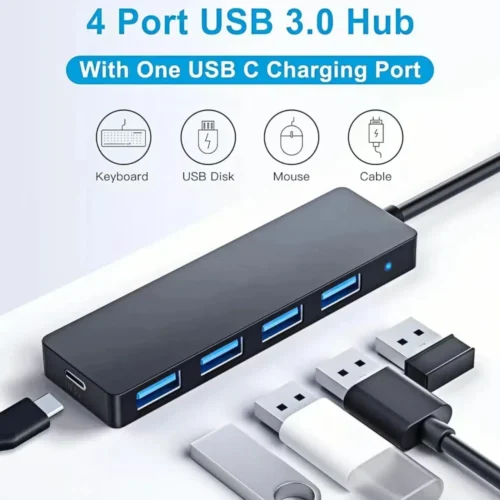
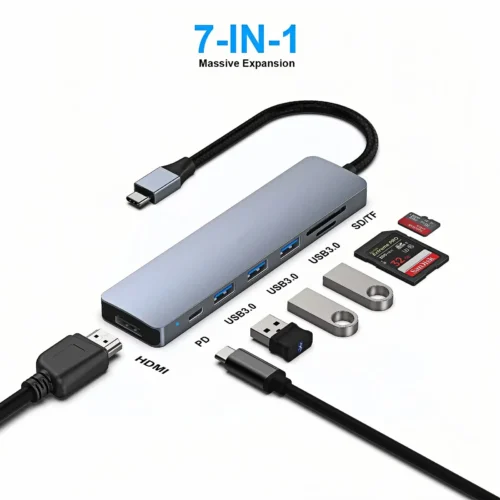
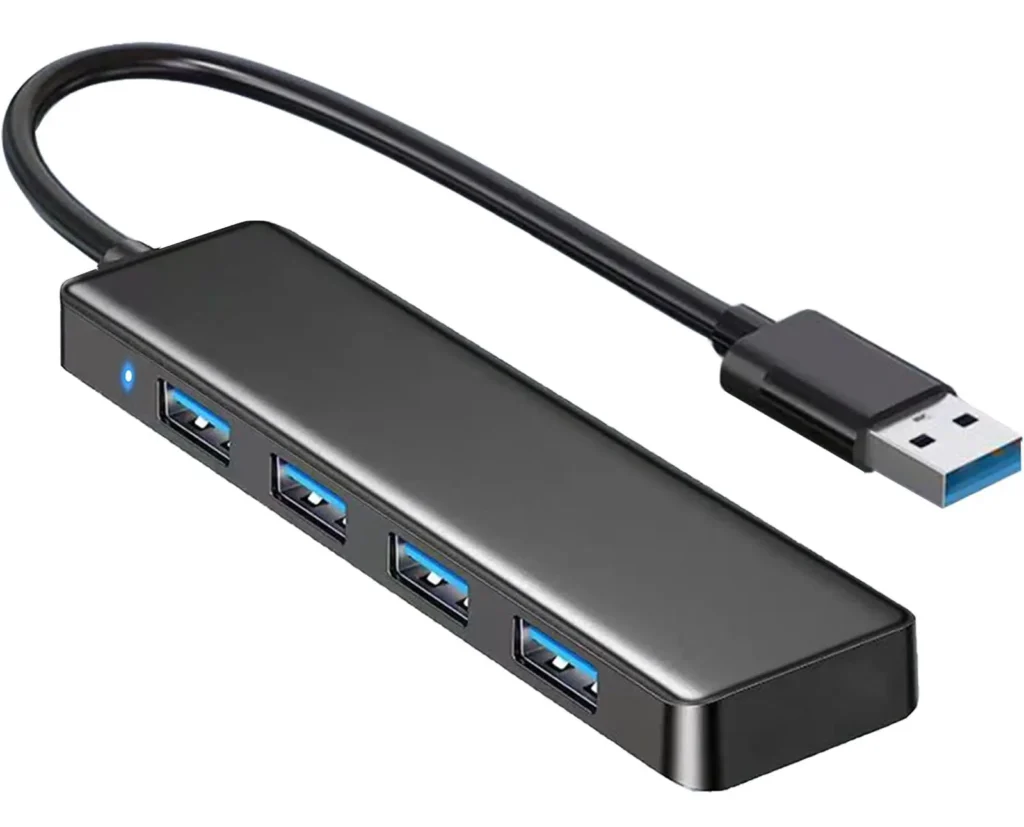
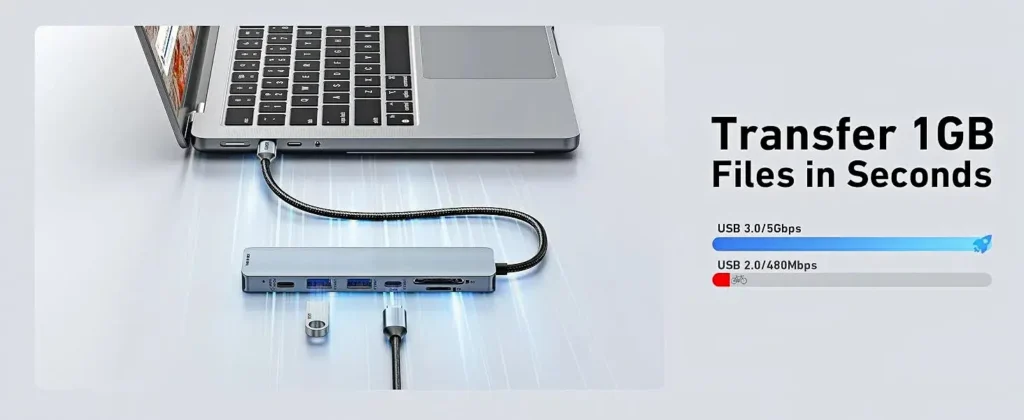
-1024x1024.webp)
